- April 9th: Gloria Washington, Computer Science, Howard University
- April 16th: Julian Brinkley, Human-Centered Computing, Clemson University
- April 23rd: Brianna Posadas, Agricultural, Leadership, and Community Education, Virginia Tech
- April 30th: Brandeis Marshall, Computer Science, Spelman College
- May 7th: Amanda Lazar, Information Studies, University of Maryland
- May 14th: Hyunjoo Oh, Industrial Design, Georgia Tech
- May 21st: Ali Alkhatib, Center for Applied Data Ethics
- May 28th: Jasmine Jones, Computer Science, Berea College
- June 4th: Katta Speil, HCI Group, Vienna University of Technology
Apr. 9th
Title: Fostering Empathy in Human Communications through Analysis of Microaggressions: Smart Diversity, Equity, and Inclusion Training
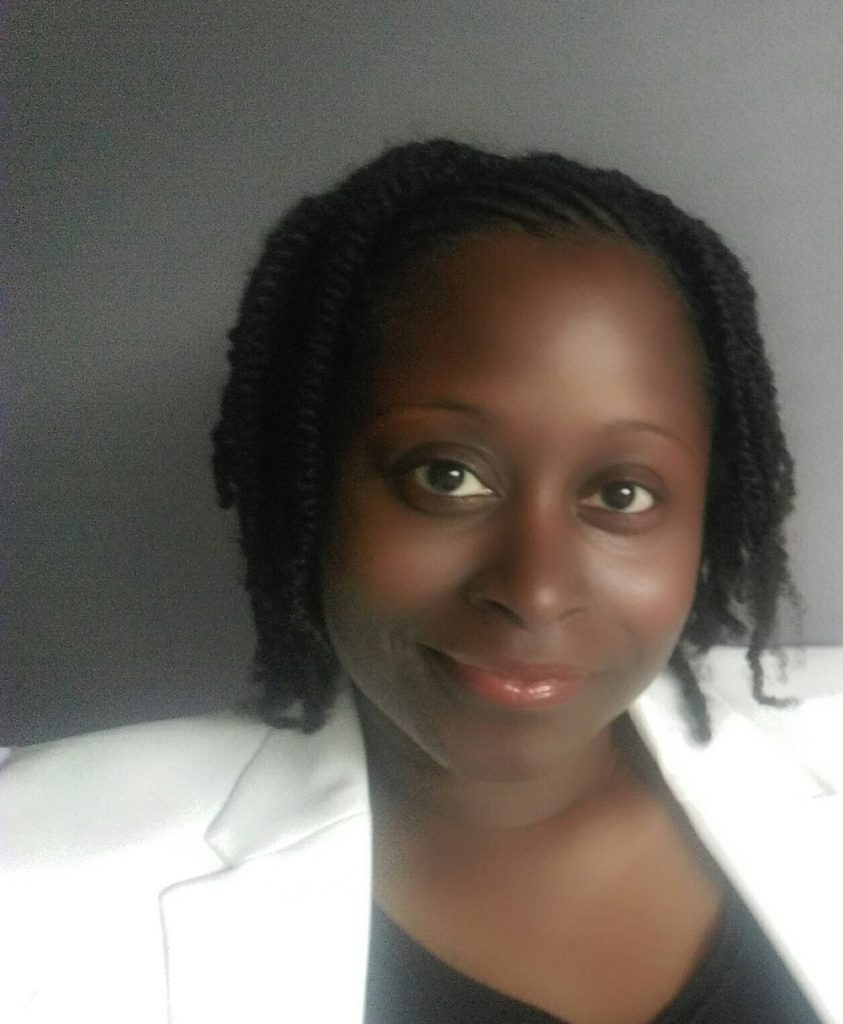
Abstract: Interdisciplinary research has begun to study how technology can assist humans with improving their communications and reducing racist, sexist, and/or hate speech. Many of these technologies are built using textual examples taken from social media statuses and updates. Models are rarely built containing multimodal examples that may provide more context into abusive speech. This talk explores the creation of a multimodal dataset of microaggressions built from listening and annotating speech from popular American television shows, and also from mining text from websites containing microaggressions. American television shows were chosen because they are readily available online and provide context that often mimics natural human conversations. The dataset, called ABL-MICRO, contains over 3000 text and sound instances of racist, homophobic and sexist remarks, mostly geared towards people of color and women. Finally, in this talk a discussion is provided over opportunities for researchers to begin to analyze affective content from this dataset, as well as future explorations for analysis of microaggressions.
Bio: Gloria Washington is an Assistant Professor at Howard University in Computer Science. At Howard, she runs the Affective Biometrics Lab and performs research on affective computing, computer science education, and biometrics. Currently, she is leading research that explores the role of affect/emotion and imposter syndrome on performance in computer science courses. Additionally, she is exploring the link between technology, mental health, and Black women’s hair texture. Finally, she also works closely with clinicians within the Howard University Hospital to develop technologies for improving the lives of children and teenagers with Sickle Cell Disease through creation of tools for keeping track of their pain and encouraging them in moments of depression. The ABL is currently funded by the National Science Foundation, National Security Agency, Northrop Grumman, Dell, and Microsoft. Before coming to Howard, she was an Intelligence Community Postdoctoral Research Fellow in the Department of Computing Science at Clemson University. She performed research on identifying individuals based solely from pictures of their ears. Dr. Washington has more than fifteen years in Government service and has presented on her research throughout industry. Ms. Washington holds M.S. and Ph.D. in Computer Science from The George Washington University, and a B.S. in Computer Information Systems from Lincoln University of Missouri.
Apr. 16th
Title: An Inclusive Design Challenge: Autonomous Vehicles and Persons with Disabilities
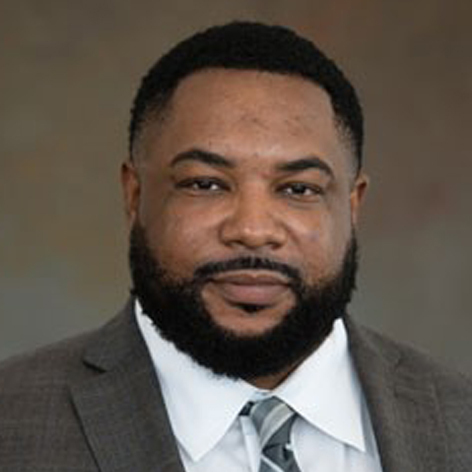
Abstract: The emergence of fully autonomous or “self-driving” vehicles may prove to be a significant advance in personal mobility for those unwilling or unable to operate a conventional motor vehicle. For blind and significantly low vision individuals, for whom assistive driving technologies do not exist, the self-driving vehicle may prove to be life-changing; creating new possibilities for employment, education, and social engagement. Self-driving vehicles may be similarly impactful for older adults who may be unwilling to drive due to age-related disability or cognitive decline. Despite the well documented potential benefits of vehicle automation technologies for older adults and persons with disabilities, there is concern that this emerging technology is being designed in a manner that will render it largely inaccessible. Initiatives like the US Department of Transportation’s Inclusive Design Challenge highlight the reality that the needs and preferences of older adults and persons with disabilities have been insufficiently explored in this domain and aim to change this through a $5 million dollar inclusive design “grand challenge”. In this talk, I summarize my research that has explored the perspectives of older adults and persons with visual disabilities on emerging self-driving vehicle technologies through quantitative and qualitative research. I then describe our use of participatory design and user enactment to inform the design of an accessible self-driving vehicle human-machine interface prototype. The resulting Accessible Technology Leveraged for Autonomous vehicles System (ATLAS) combines natural language processing, affective computing principles, and spatial audio with the goal of satisfying the experiential needs of visually impaired users specifically. The enhanced version of this system, ATLAS II, has been selected as a semi-finalist entry in the DOT’s Inclusive Design Challenge.
Bio: Dr. Julian Brinkley is an Assistant Professor of Human-Centered Computing at Clemson University and the director of the Design and Research of In-Vehicle Experiences Lab (DRIVE Lab). His research is focused on the intersection between user experience, highly and fully automated vehicles, and accessibility; work that is currently supported by grants from the National Science Foundation and the National Highway Traffic Safety Administration. Beyond automotive research, he also explores how technology broadly may be leveraged for the social good, public safety, and entertainment. Dr. Brinkley completed a Ph.D. in Human-Centered Computing at the University of Florida, holds an M.S. from East Carolina University in Software Engineering, and a B.A. from the University of North Carolina – Greensboro.
Apr. 23rd
Title: How human-computer interaction is changing agricultural technology
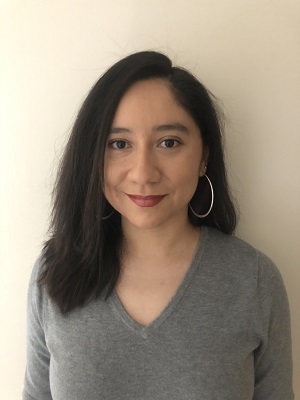
Abstract: Modern agriculture is highly technical. In order to feed a growing population with finite resources, farmers, researchers, and agricultural technology providers (ATPs) have turned to technological solutions. From precision agriculture (PA), vertical farming, genetically modified organisms, to farm management, there is no aspect of the agricultural industry that has not been touched by technology.
But with the rise of agricultural technology has not always gone smoothly. For one, these technologies are often designed without input from the farmer, thus the usability of the devices deployed is lacking. In order to use the technology, farmers must sign user agreements, which may waive their rights to their own data and prevent them from fixing their own equipment. The promise of PA has been found to be overstated, as the quality of data collected to generate the algorithms can be lacking and the cost of the equipment prohibitive to many small farms.
This talk will discuss some projects that are addressing the gaps in ag technology. There are projects where we are using citizen science in order to increase the ground truthing data collection for ag. There are national programs where we are working with farmers to adopt existing technologies for them to use more easily. There are policy makers who are investigating how we can better regulate the use of big data in agriculture while protecting the rights of farmers. It will also include a forward look at priorities and challenges that lie ahead.
Bio: Dr. Brianna B. Posadas is a CRA Computing Innovation Fellow in the Department of Agricultural, Leadership, and Community Education at Virginia Tech. Her research is focused on the intersection of agriculture, technology, and user-centered design. When she completed her PhD at the University of Florida, she was the first Latina to earn a doctorate from the department of Computer and Information Science and Engineering. Dr. Posadas also received her master of science in agricultural and biological engineering at UF and her bachelor of science in engineering from Harvey Mudd College.
Dr. Posadas currently works with the AgrAbility and HARVEST programs at Virginia Tech continuing her work in user-centered design in agriculture. In addition to addressing usability and accessibility of precision agriculture technologies, she is studying how to best utilize big data in agriculture while also protecting the privacy and security rights of growers. Her previous work in agriculture includes using hyperspectral imaging techniques to detect AMB in Fuji apples in Korea and creating a crowdsourcing platform to collect ground truth data on lambsquarters in Washington D.C. Dr. Posadas has also worked in technology policy studying predictive policing, pre-trial risk assessments, and how social media affects communities of color.
Apr. 30th
Title: Hashtag Activism
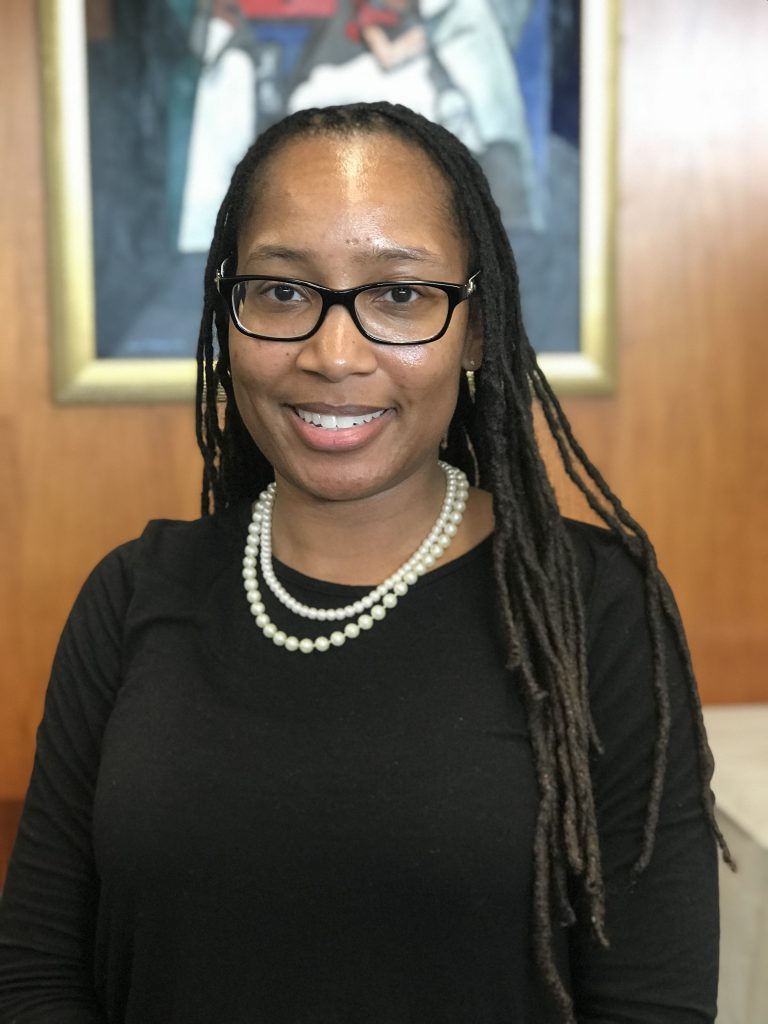
Abstract: Social networks have supplemented or reduced in-person communications substantially in recent years. Twitter, for instance, offers multiple mechanisms for digital communication, including drop-in commenting, scheduled support group discussions and event-based discussions. In 280 characters or less, users express sentiments, make declarations, post relevant resources and commiserate online around a central topic. The duration of these interactions are anchored by the prevalence of common hashtags used by those members contributing to the discussion. In this talk, we’ll discuss live tweeting communications and its impact on timely social movements. We follow the gender and racial live tweeting dialogue during the Academy of Motion Picture Arts and Sciences from 2016 to 2018. We identify, evaluate and correlate timely hashtags and keywords.
Bio: Brandeis Marshall, PhD is an education activist, scholar, and data justice advocate. Originally trained as a computer scientist, her work sits at the intersection of data/AI ethics, data engineering and culturally responsive pedagogy. Brandeis regularly instructs, mentors, speaks and studies the racial, gender and socioeconomic impact of data in technology. She worked as a Technical Advisor to the Deep Fakes Accountability Act introduced to the US House of Representatives. Brandeis is faculty at Spelman College and also a faculty associate at the Berkman Klein Center for Internet and Society at Harvard Law School.
May 7th
Title: Centering the tension between critical perspectives and practice to advance technology research on health and aging
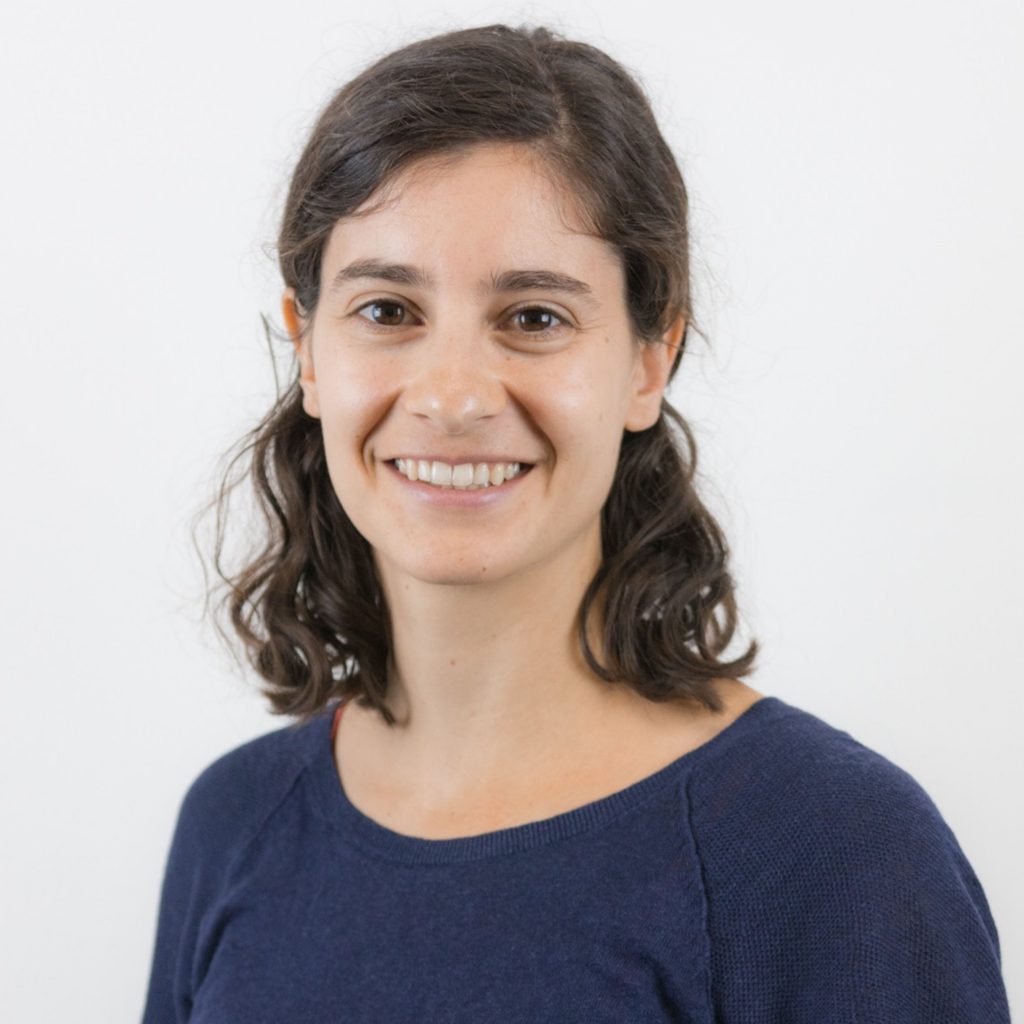
Abstract: Technology designers and developers have focused on the domain of health and aging for decades. Recently, researchers are adopting critical perspectives which push back on prior ways of approaching technologies in these spaces. For example, researchers are calling attention to how the overwhelming focus of aging interventions on addressing cognitive and physical decline links to a deficit-view of aging which can contribute to stigma and neglect other needs of older adults. I center these and other tensions between practice-based and critical approaches in my work, arguing that it is important to rigorously attend to and learn from both of these approaches. In this talk, I will present several projects on technology for health and aging. First, I will argue for the importance of understanding the tension between critical and practice-based approaches, and how these can be traced in our research. Then, I will present my work that seeks to leverage these tensions to advance design.
Bio: Amanda Lazar is an assistant professor in the College of Information Studies at the University of Maryland, College Park. She received her PhD from the University of Washington in the Department of Biomedical Informatics and Medical Education. Her research examines the design of technology for older adults – and in particular, older adults with dementia – to support social interaction and engagement in activities. Her work is supported by the National Science Foundation (NSF) and the National Institute on Disability, Independent Living, and Rehabilitation Research (NIDILRR).
May 14th
Title: Everyday Materials to Grow Resilience in Learning through Making
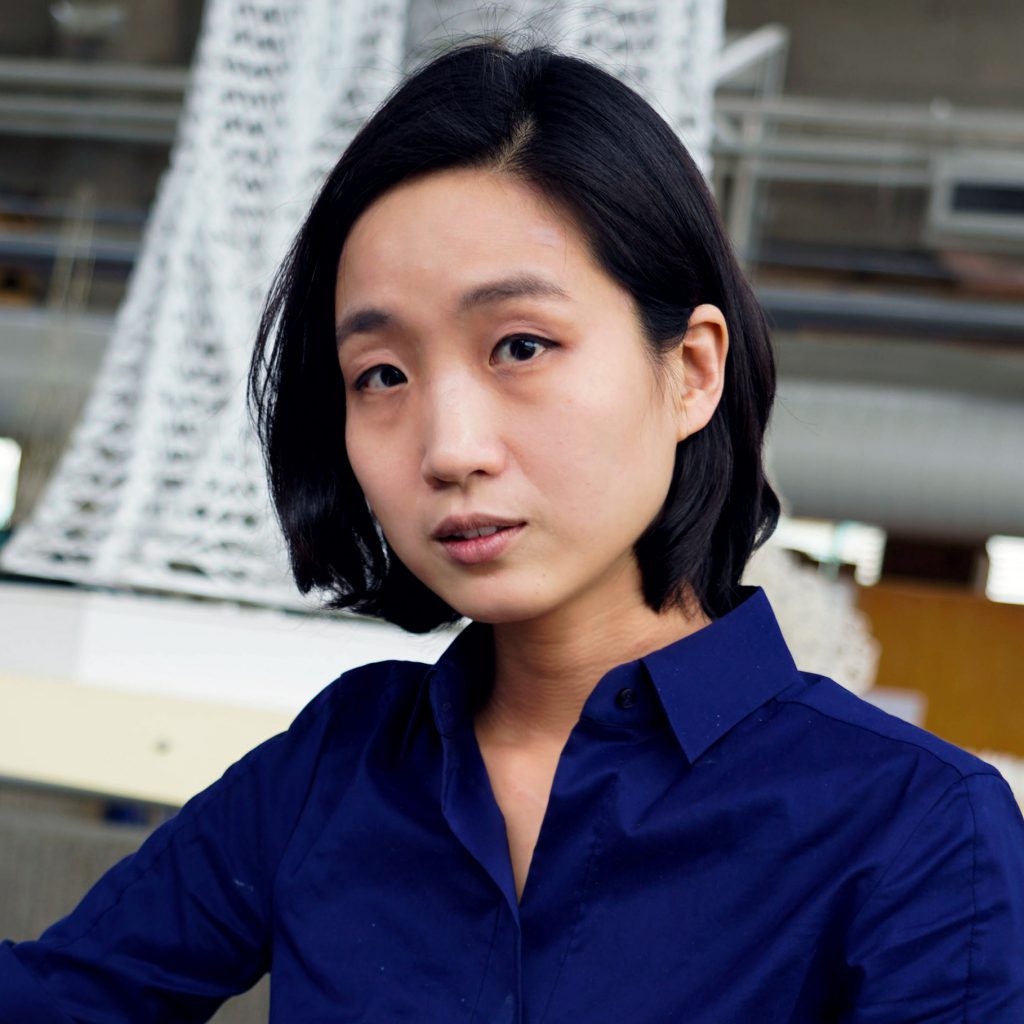
Abstract: Tools and materials shape the way we think, make and learn. Familiarity and accessibility of everyday tools and materials play a critical role as a means to foster resilience and empower creativity. Resilience in this context refers to how one can face and adapt challenges in the process of learning through making, and push oneself to investigate new creative possibilities. In this talk, I will present our research projects on computational design tools and methods that integrate everyday craft materials with computing. I’ll discuss how our work attempts to engage and empower a broad range of designers to become more resilient in their learning through making.
Bio: HyunJoo Oh is an assistant professor with a joint appointment in the School of Industrial Design and the School of Interactive Computing at Georgia Tech. She is the director of the CoDe Craft group where a team of researchers explores how computing technologies can extend and transform familiar and accessible materials and how these integrations can broaden expressive and technical possibilities for designers. She received her PhD in Technology, Media, and Society from University of Colorado Boulder and master’s degrees in Entertainment Technology from Carnegie Mellon University and Media Interaction Design from Ewha Womans University. More information about HyunJoo Oh and her group can be found from: codecraft.group
May 21st
Title:
Abstract:
Bio:
May 28th
Title: Future User Experiences with Socially Embedded Computing
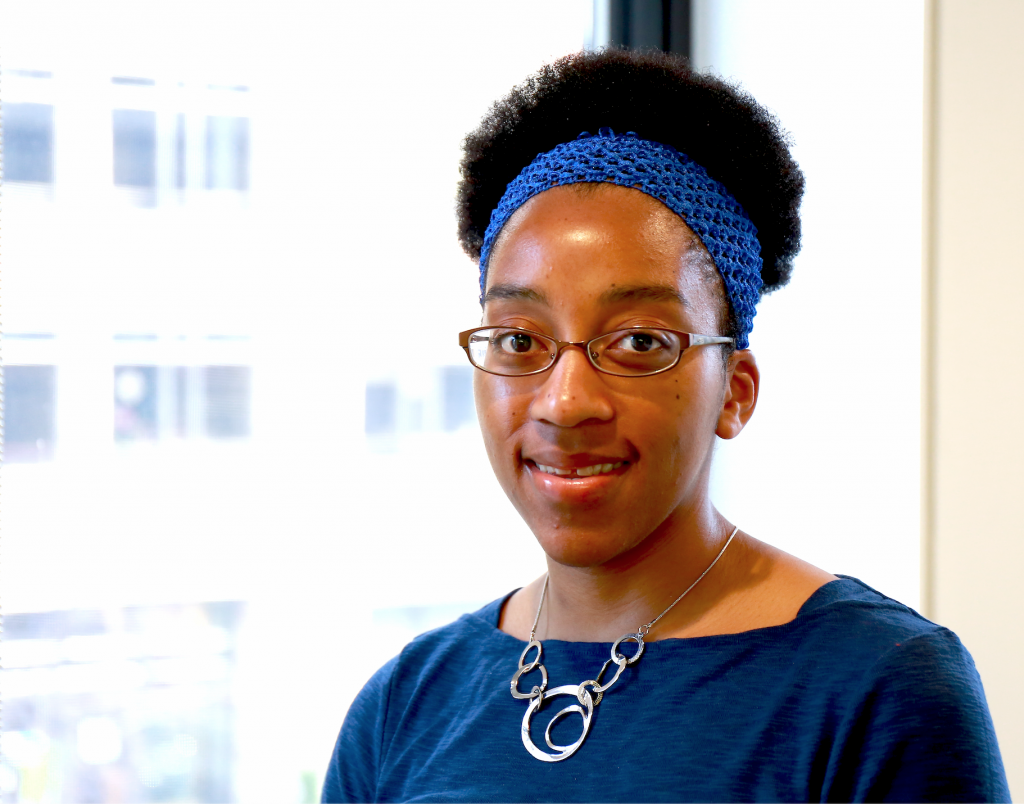
Abstract: Technologies are increasingly socially embedded: they augment objects in our physical environment, facilitate our social interactions, and even transform the ways we process information and manage our behavior. Ubiquitous computing systems and devices influence how we live, what we value, and how we relate to others. My research seeks to understand how diverse human values are and will be entangled in the design and use of these technologies. In this talk I will discuss recent projects exploring embedded computing in family life, health and wellness, and educational settings.
Bio: Jasmine Jones is an Assistant Professor of Computer Science at Berea College. She received her PhD in Information Science from the University of Michigan. Her research and teaching focus on understanding the human experience of physical computing technologies and promoting the inclusion of diverse imaginaries in the design process.
June 4th
Title: Let’s Talk about Norms — Provocations for Interaction Design and HCI

Abstract: Norms and assumptions necessarily shape how we interact with the world. Hence, research in Interaction Design and Human-Computer Interaction is not free from popular perceptions and dominant discourses which uphold oppressive power structures. In this talk, I critically analyse how norms around bodies are constructed within the research and practices in these fields and explore potential strategies for research and design with people whose bodies are marginalised by technologies. I close on provocations that may guide researchers and designers to orient themselves less on the general, hold themselves accountable for the material consequences of their works, and identify a love for equity, accessibility and the specificities that make us human.
Bio: Katta researches marginalised perspectives on technology to inform critical design and engineering. Their work is situated at the intersection of Computer Science, Design and Critical Theory. Drawing on methods from (Critical) Participatory Design and Action Research, collaborations with neurodivergent and/or nonbinary folks have lead to the exploration of novel potentials for designs, methodological contributions to Human-Computer Interaction and innovative technological artefacts.
Currently, Katta Spiel is an FWF Hertha-Firnberg scholar at the HCI Group of TU Wien (Vienna University of Technology), where they work on their individual project titled “Exceptional Norms: Marginalised Bodies in Interaction Design”. Additionally, they teach “Methodological Approaches” in the interdisciplinary Master’s curriculum in Gender Studies at the University of Vienna.
